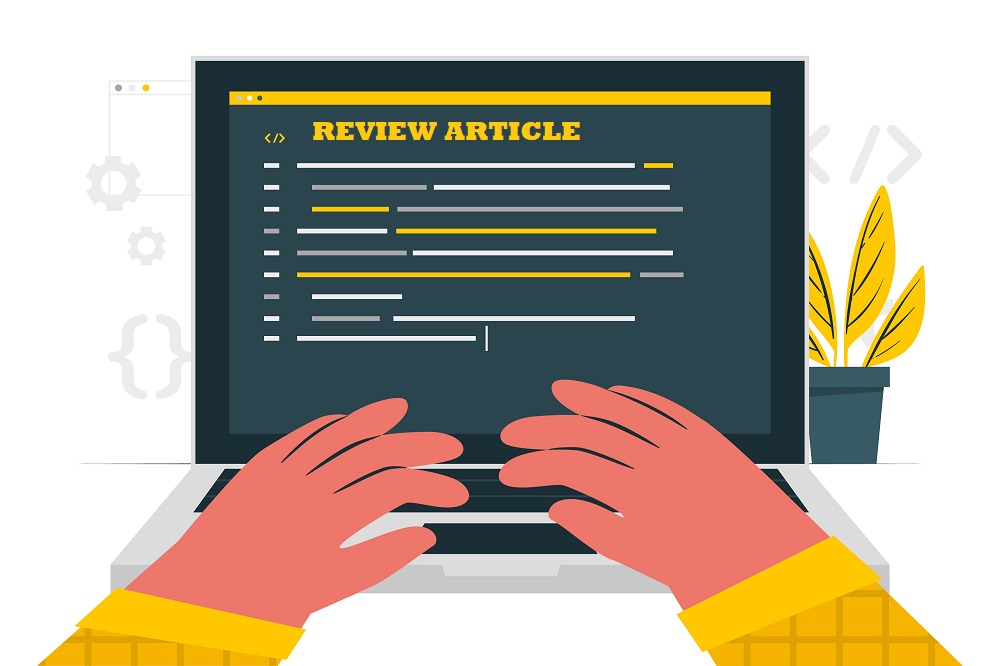English Editing and Proofreading
Atena2023-03-12T21:16:32+03:30This article explains the difference between editing and proofreading and provides some tips and strategies for revising your writing. Examining these tips will allow you to carefully correct or rewrite your article. What is the difference between editing and proofreading? Although many people may use these terms interchangeably, editing and proofreading are two different steps in the review process. Both require careful reading, but focus on different aspects of the text and use different techniques. proofreading occurs after editing. This means that proofreading is a surface-level check and is final check performed on a document. So, proofreading includes [...]








